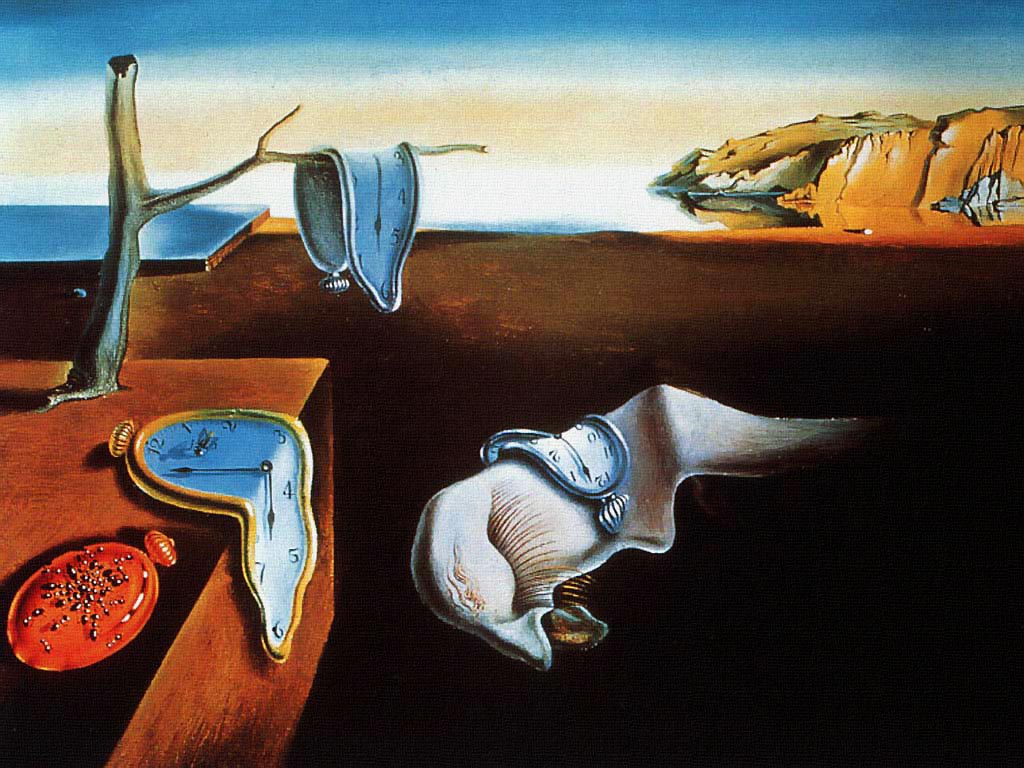It took me one week to scan a document and send it by email. As any teenager, I was the worst time manager ever! In my list of things to do, the minimum time of each task was one hour. How long does it take to get ready to leave? One hour. How long does it take to have lunch? One hour. How long does it take to write an email? One hour. It is no surprise that I hardly got anything done.

Ingvar Kamprad, the founder of IKEA, said something like “Ten minutes are not just a sixth of your hourly pay. Ten minutes are a piece of yourself. Divide your life into 10-minute units and sacrifice as few of them as possible in meaningless activity.” He probably got much more done in a week than I did in all my teenage years.
Time management is the flavour of the era. Are you taking the most of your time? Are you reaching your full potential by making time your ally and not your enemy? Or are you one of those who foolishly wish the day had more hours? Well, you probably are one of those, and you probably think you suck at time management as well. Shame on you, you should feel bad about that. In fact, you may be a disaster managing your time, or you may manage it quite decently. Either way you will always think there is a lot of room for improvement. Thus, at the end of every day there is this voice in your head saying “look at aaaall the time you had… and you only did that! You waste so much time.” This voice exists because you want to have maximum efficiency. If being just efficient were enough, you would certainly feel better at the end of the day. But this post is not about making you feel good for what you have (this one does that), it is about teaching you to have more of whatever you get when you do more stuff.
Here is the first big problem with time management: fungibility. Money is a fungible good. That means, the twenty pounds note in my wallet is exactly equal to any other 20 pounds note. On the other hand, although you could argue that every hour has 60 minutes, not every hour is equal. Our bodies have energy cycles, our energy cycles up and down during the day. So, not every hour is the best hour to do some stuff. In the end, time is not what needs to be managed; time will pass anyway.
We may feel super motivated to do something, and then some hours later we just don’t feel like doing it anymore; it is the energy cycle working. People often try to hack their bodies. They want to work more, party more and do more stuff, so they look for all the dirty tips for being alert during more time through the day. But here is the thing: rest is the real deal. Depriving yourself of enough rest will only do harm for you. If you don’t rest appropriately your down cycle will be longer, resulting in more time that you can’t do stuff well.
Have you found yourself in a situation where you need to do something and at the same time, you need some rest. Then, what do you do? You procrastinate! We choose exactly the worse alternative. When you procrastinate, you are neither doing what you have to do nor resting. It’s the worst of both worlds. Having enough sleep and relaxing time allows you to be more effective, more alert and do a better job.
 Salvador Dali – The Persistence of Memory (Not even the clocks can take it anymore).
Salvador Dali – The Persistence of Memory (Not even the clocks can take it anymore).
So, let me suggest you an alternative time management system. In this system, you allow lots of time for resting and relaxing, and a restricted time for doing important stuff. I know it doesn’t look right, but let me explain. When you have only so many hours to do stuff, and you are rested and alert, you will be much more able to focus entirely on this activity because you know it will be just for a couple hours. If you know it is for a short period of time and that is the only time you will have to do it, you will not procrastinate. You will not lose your focus, get distracted or bored by the task; exactly because it is just a couple of hours.
When you are rested, the world around you changes. You are a thousand times more alert, intelligent, creative and, inevitably, more productive as well. Let me tell you my experience with that:
While studying Information Systems Engineering in Argentina, I had 5 hours classes every day. Sometimes twice a day, and sometimes on Saturdays. It was 5 hours of a single subject. Many times we spent classes doing boring exercises with a class that asks the stupidest questions EVER. Things like “can I call this X variable Y?”; yeah at that level. It was profoundly tiresome; I had one and a half hours commute and I couldn’t read because I was just too tired. And, when I got home I still had to study, because it is only doing things yourself that you make knowledge stick in your brain. It was indeed full time education; I had time for university and nothing more.
 Looks just like me doing productive work in Argentinta.
Looks just like me doing productive work in Argentinta.
Now I study in England. I’m in a full-time course of Computer Science. I have classes only three days a week, I have up to three classes in a day (normally two). It is always a one-hour class on a subject and a two hours class on another subject. You could say “ah but they are not transmitting the same amount of content in these few hours”. The thing is that they really are. Classes are summaries and commentaries on subjects that students have already read about before going to class (they give plenty of time so that that is possible). With lots of free time studying, revising, and advancing fast on subjects is very easy and feasible. No class time is ever wasted; because we have just that couple of hours. And in the end, I am reading a lot more, because now I am rested enough to stay awake during my commute.
Time management is critical to your life and determines how fast you are going to get to your goal, or if you will ever get there. I sucked at it on my teenage years, hated it whilst studying Engineering (too much effort involved in doing stuff while tired), and I am slowly making peace with it now that I have lots of resting time available. Some time management techniques may work for you, many will not work, but one thing is certain: rest always works for everyone.